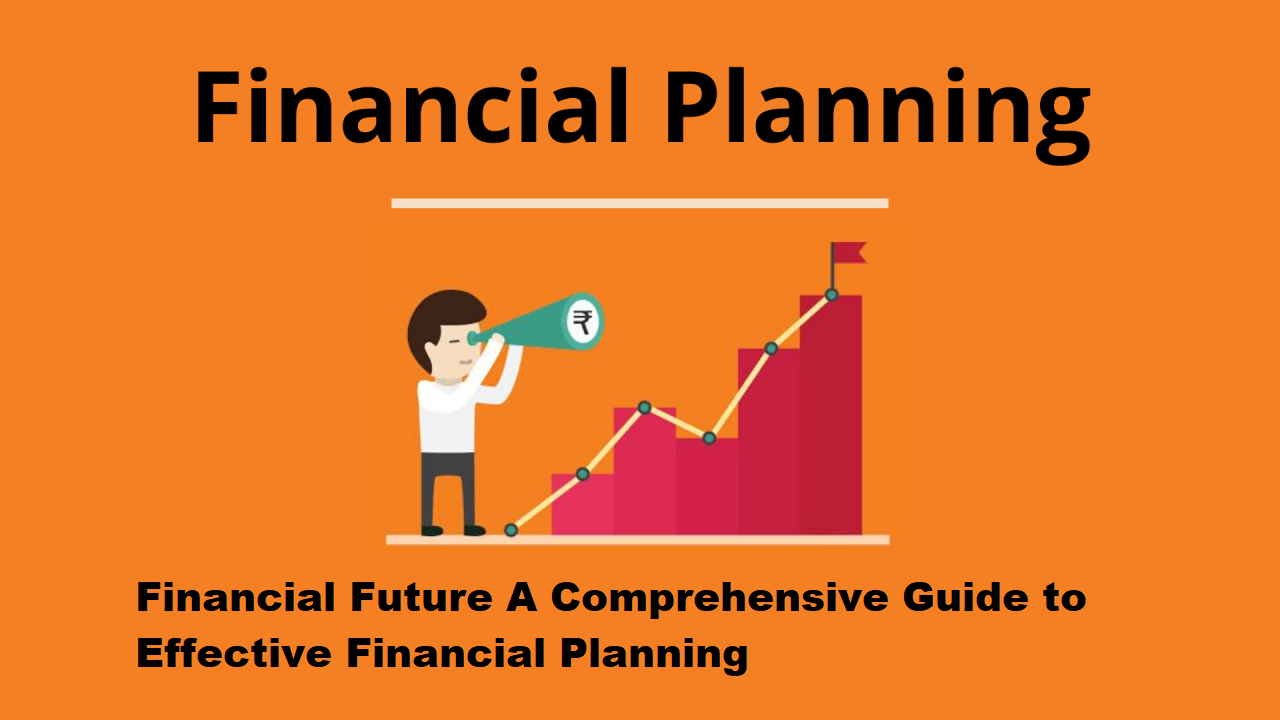In today’s fast-paced world, financial planning has become more crucial than ever. Whether you’re just starting your career, planning for retirement, or managing your family’s budget, having a solid financial plan can be the key to achieving your goals and securing your future. This guide offers practical advice on how to create and maintain a financial plan that works for you.
1. Assess Your Current Financial Situation
The first step in financial planning is to understand where you stand. Begin by assessing your assets, liabilities, income, and expenses. Create a detailed list of your financial resources, including savings, investments, and property. Also, list your debts, such as credit card balances, student loans, and mortgages. By analyzing these components, you can get a clear picture of your net worth and financial health.
2. Define Your Financial Goals
Once you have a clear understanding of your current financial situation, it’s time to set specific, measurable, achievable, relevant, and time-bound (SMART) goals. Your goals might include saving for a down payment on a house, funding your children’s education, or building a retirement nest egg. Prioritize these goals based on their importance and urgency. For example, short-term goals like paying off credit card debt might take precedence over long-term goals like saving for retirement.
3. Create a Budget
A budget is an essential tool for managing your finances and ensuring you live within your means. Start by tracking your monthly income and expenses. Categorize your spending into fixed costs (e.g., rent, utilities) and variable costs (e.g., dining out, entertainment). Use this information to create a budget that allocates your income towards savings, debt repayment, and discretionary spending. Regularly review and adjust your budget to accommodate changes in your financial situation.
4. Build an Emergency Fund
An emergency fund acts as a financial safety net, covering unexpected expenses such as medical emergencies or car repairs. Aim to save three to six months’ worth of living expenses in a readily accessible account. This fund helps prevent you from going into debt when unforeseen events occur, providing peace of mind and financial stability.
5. Manage and Reduce Debt
High-interest debt, such as credit card balances, can significantly impact your financial health. Focus on paying off high-interest debt as quickly as possible. Consider using strategies like the snowball method (paying off smaller debts first) or the avalanche method (paying off debts with the highest interest rates first). Additionally, evaluate options for consolidating or refinancing debt to reduce interest rates and monthly payments.
6. Invest Wisely
Investing is a crucial component of long-term financial planning. Start by setting investment goals that align with your overall financial objectives. Diversify your investments to spread risk across different asset classes, such as stocks, bonds, and real estate. Consider consulting with a financial advisor to develop an investment strategy that suits your risk tolerance and time horizon.
7. Plan for Retirement
Retirement planning involves more than just saving money; it requires a strategy to ensure you can maintain your desired lifestyle after you stop working. Begin by estimating how much money you will need for retirement, considering factors like inflation, healthcare costs, and your desired retirement age. Contribute regularly to retirement accounts, such as 401(k)s or IRAs, and take advantage of employer matches if available. Review your retirement plan periodically and adjust as needed to stay on track.
8. Protect Your Assets
Insurance plays a vital role in protecting your financial assets and providing security for you and your family. Evaluate your insurance needs, including health, auto, home, and life insurance. Ensure you have adequate coverage to protect against unexpected events that could jeopardize your financial stability. Regularly review your policies to ensure they meet your current needs and adjust coverage as your life circumstances change.
9. Plan for Taxes
Effective tax planning can help you maximize your financial resources and minimize your tax liability. Understand the tax implications of your financial decisions, including investments, retirement contributions, and major purchases. Consider working with a tax professional to develop strategies for tax-efficient investing, deductions, and credits. Staying informed about tax laws and planning ahead can help you optimize your financial situation.
10. Review and Adjust Your Plan Regularly
Financial planning is not a one-time activity but an ongoing process. Regularly review your financial plan to ensure it remains aligned with your goals and changing circumstances. Life events such as marriage, having children, or changing jobs can impact your financial situation. Adjust your plan as needed to accommodate these changes and stay on track towards achieving your financial objectives.
Financial Planning
Effective financial planning is the cornerstone of achieving financial stability and reaching your long-term goals. By assessing your current situation, setting clear goals, budgeting wisely, managing debt, investing strategically, planning for retirement, protecting your assets, and considering tax implications, you can create a comprehensive financial plan tailored to your needs. Regularly reviewing and adjusting your plan will help you navigate the complexities of your financial journey and build a secure future for yourself and your loved ones.



